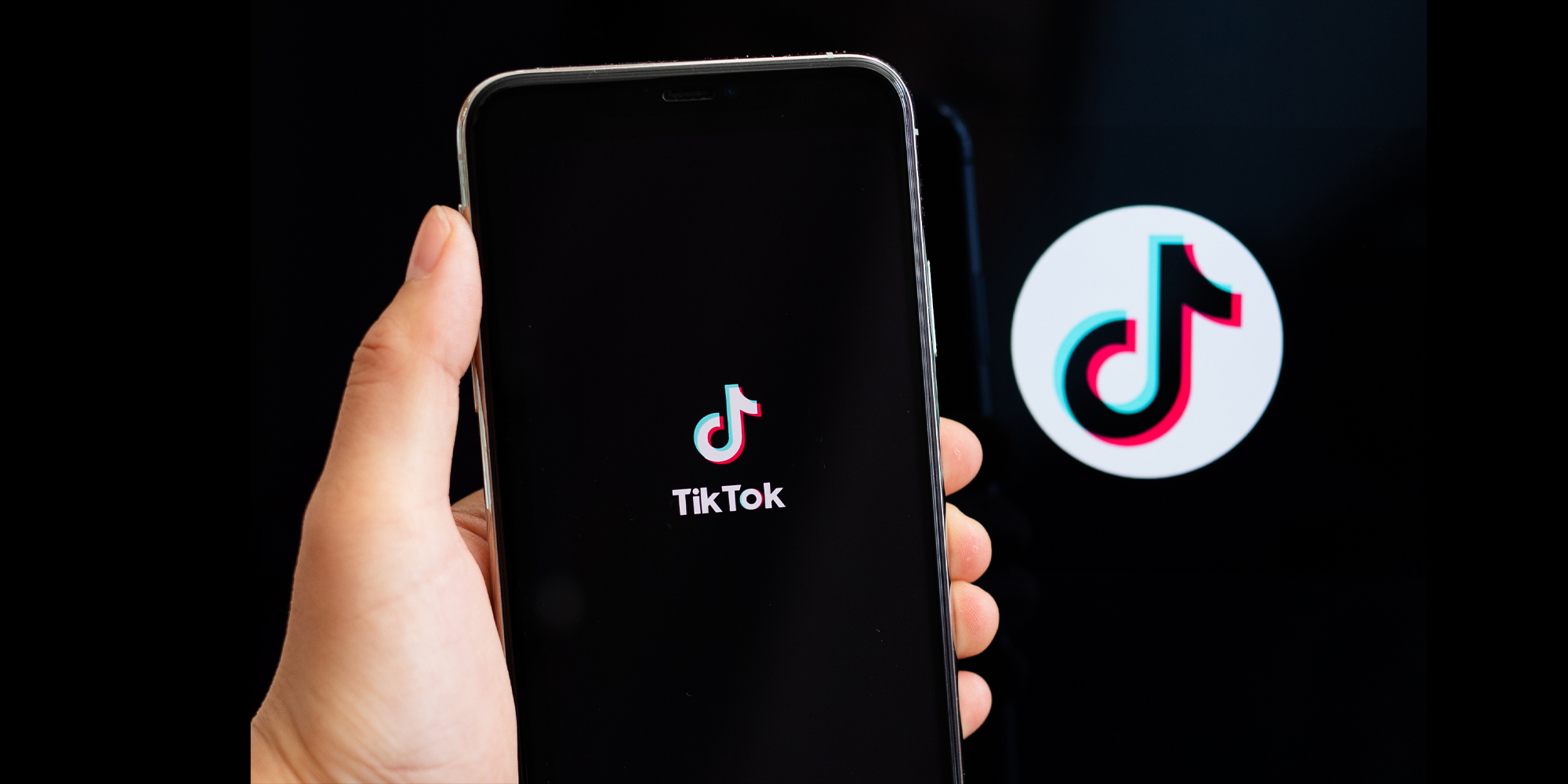Farzana Botha, head of communications at Sanlam Risk and Savings, explains that #LoudBudgeting is where people verbalise their budgeting strategies and savings goals. It encourages open discussions about savvy savings practices – such as ditching a daily coffee to save money for petrol.
Botha says the trend is a golden opportunity to explore diverse generational money mindsets to harness each generation’s best practices. “We’ve seen a significant shift in financial behaviour across generations,” she points out.
Here’s how previous generations’ money behaviours and mindsets compare with the most recent money trends.
Baby boomers (age 60 to 69)
Botha says baby boomers generally have a conservative and traditional financial mindset rooted in their formative years. This generation kept its financial matters private.
“Living through times of scarcity has pushed them to prioritise building long-term assets, eliminating debt and saving for retirement. They meticulously track every rand earned and spent, and avoid unnecessary expenses.”
The hazard: Hiding your financial standing from loved ones out of shame or embarrassment can delay you getting support when challenges arise.
The lesson: Their forward-thinking financial habits place needs over wants.
Gen X-ers (age 44 to 59)
Sandwiched between baby boomers and millennials, Gen X-ers have seen their workaholic parents struggle to balance life and money. They prioritise investing in real estate, stocks and retirement funds while budgeting for holidays.
“Rather than climbing the corporate ladder, Gen X-ers leverage side-hustles, entrepreneurship and specialised skills to diversify income streams and grow their wealth,” Botha says.
The hazard: The desire for balance can lead to risk-averse financial decisions that curb potential returns.
The lesson: There is power in diversification, calculated spending and having alternative income sources. Their mix of traditional and innovative money tactics can pave the way for financial flexibility.
Millennials (age 28 to 43)
As digital natives, millennials leverage technology to manage their money. “They adopt money apps and automation tools to track spending, saving and investing. Digital platforms make budgeting a breeze by automatically allocating funds towards goals, and customised portfolios are just a click away through automated advisers.”
Millennials also explore side-hustles, entrepreneurship and the gig economy to supplement income and increase savings.
The hazard: Yearning for convenience and passive income generation can come at the cost of understanding finances deeply.
The lesson: Combining tech with knowledge is powerful for taking control of personal finances.
Gen Z-ers (age 12 to 27)
Botha says Gen Z-ers leverage TikTok investing trends and YouTube tutorials to help each other to learn collaboratively. They crowdsource advice and find support by vocalising shared struggles.
“Gen Z-ers also explore diversified and alternative saving and investing strategies aligned to social causes. For example, they prioritise impact alongside returns through sustainable index funds.”
The hazard: Although alternative approaches to financial management can be impactful, do not jump on opportunities without understanding the risks.
The lesson: This generation teaches us to educate ourselves with diverse sources, to learn from each other’s experiences and practices, and to take some smart risks. Combining innovation with grounded education leads to sustainable wealth creation. DM





